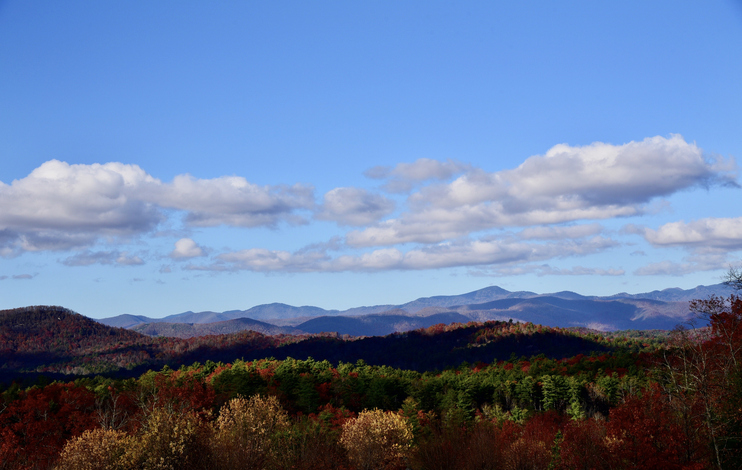As featured in the Charlotte Business Journal.
A couple of decades ago, while at a former employer, I wrote a piece about the potential economic impact a particular Category 1 hurricane would have on the Gulf Coast. I did a crazy amount of research, much more than normal, and engaged in all sorts of mental gymnastics. The end result was a solid investment report, complete with tables, charts and spreadsheets.
Basically, I did the math.
The day after I sent it out, I received an email from someone I knew well and, more importantly, respected. He was usually complimentary about my writings, and I expected he would be again. Suffice it to say, I was wrong. In no uncertain terms, he told me that while my analysis might have been financially accurate, I had missed the bigger picture: the human element. He closed his note by admonishing me to do better.
He was right.
The devastation in the Carolinas from Hurricane Helene has been difficult to process. The stories have been heartbreaking, and the pictures have left us speechless. There probably isn’t a single person reading this who hasn’t seen an article and thought “I don’t know how many times I have been there, and it’s gone,” or “Oh my gosh, I know that person.”
Further, I doubt there are many who have been thinking about the positive economic impact of cleaning up and rebuilding, say, McDowell County. That there will be a huge dollar cost associated with clearing roads, removing debris, repairing infrastructure and rebuilding structures. It is just an unavoidable reality. The money will have to come from somewhere, and a lot of people will be involved in getting the work done.
All this emergency work will spawn other activity, which will likely cause local economies to eventually grow. This, despite having been destroyed. However, growth is relative from a particular starting point, and historical data suggests natural disasters can be good for overall economic activity. Hey, as I have mentioned, I have done the math in the past.
However, this line of thinking is a trap.
In an 1850 essay, French economist Frederic Bastiat wrote something we now call the “broken window fallacy.” In layman’s terms, he argued you can stimulate economic growth when you break a window. After all, someone has to make the glass and repair the pane. However, the person who broke it will no longer have the money to spend on something else. Basically, while a broken window might generate short-term economic activity, you can’t base your entire economy off of people breaking windows.
Essentially, replacing previously existing capacity is not the same as increasing it. That should make sense. However, that doesn’t cover the half of it, or even a quarter in this instance.
No matter how hard people who do what I do for a living might try, there is no way to put a price tag on what has happened in the western Carolinas. The lives, the loved ones lost. The pictures, heirlooms and mementos swept away. The memories. The hard work that went into making a home. Into making a business. Into making a life. Into carving out a little section of the world and calling it your own. The realization of how fragile and fleeting life is.
Can you put a dollar sign on all of that? On any of it? You know the answer, but people will still try.
Politicians will bloviate about how much “they” spent on various relief efforts and their opponents will complain that it wasn’t enough. The media will throw around a number from the ether like, say, $100 billion, and people will accept it as fact. Just don’t ask anyone for the source of the estimate and how they derived it. You might not like finding out it was little more than a guess.
However, none of this will matter, because whatever the estimate is, it will still be too low. There are some things you just can’t buy again. Things that are priceless to you as an individual, even if they have no value to anyone else. That is the real impact, the true cost, of a natural disaster. Realizing, too late, what is truly important, and it isn’t money.
I might just drop Tom, the man who wrote me that email over 20 years ago, a line to tell him I have learned my lesson.
Subscribe to receive Oakworth’s thought leadership content directly to your inbox.
Oakworth Capital Bank is a leading financial institution focused on helping professionals, closely held businesses and families with generational wealth achieve their goals. With a commitment to personalized service, we offer a range of banking, wealth management and advisory services, creating tailored solutions that align with clients’ unique financial objectives and aspirations.


